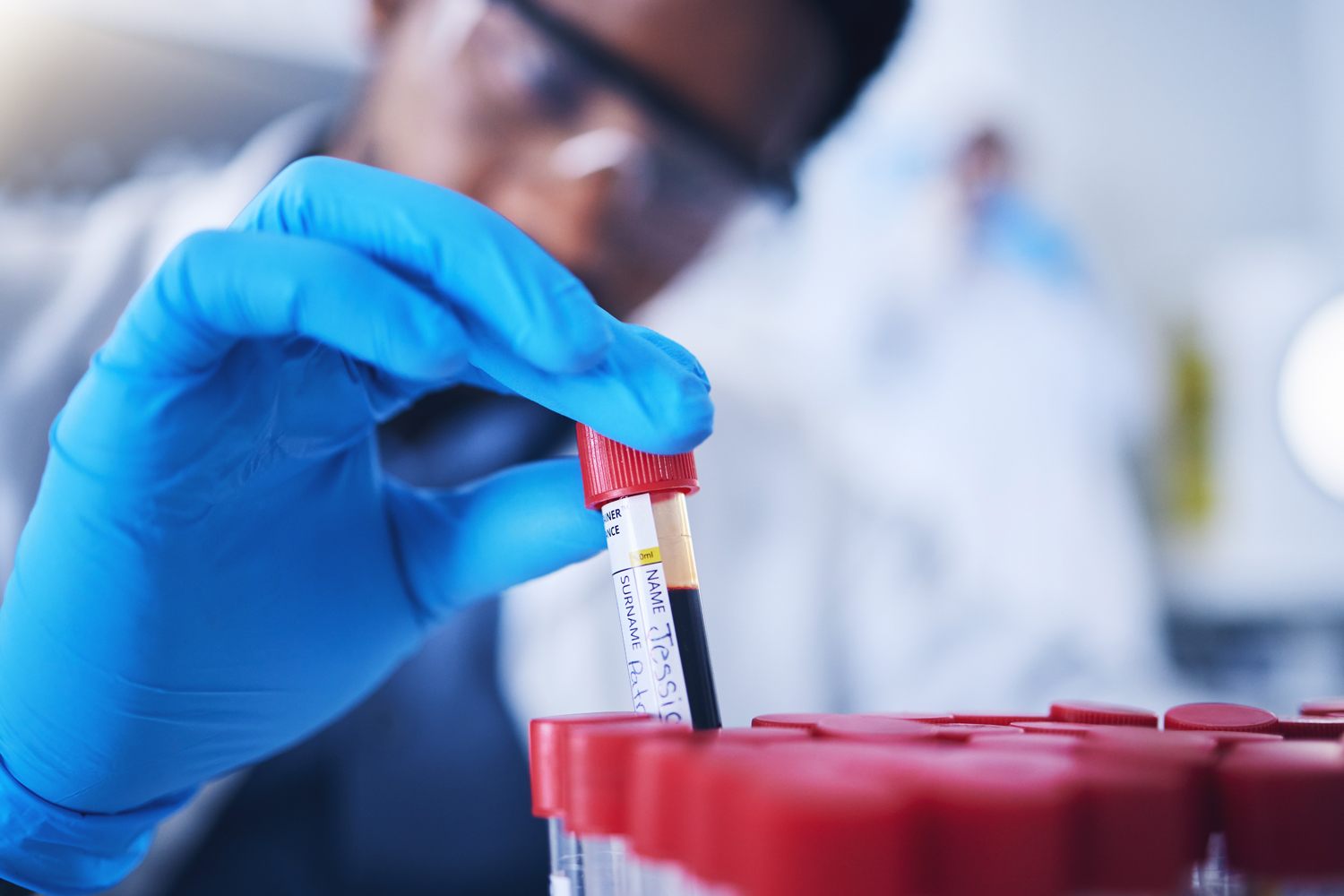Every week, the editors of Cancer Today magazine bring you the top news for cancer patients from around the internet. Stay up to date with the latest in cancer research and care by subscribing to our newsletter.
Colorectal Cancer Screening Blood Test Approved by FDA
A blood test by Guardant Health was approved by the Food and Drug Administration as a screening test for colorectal cancer, the agency announced July 29. The approval improves the chances that the test, known by the brand name Shield, will be covered by Medicare and private insurance plans, increasing access to more people. Shield is the second blood test approved to detect colorectal cancer, but the previous test, approved in 2016, is rarely used due to accuracy concerns, Robert Smith, senior vice president of early cancer detection science at the American Cancer Society, told NBC News. A study published in the March 14 issue of the New England Journal of Medicine found Shield was able to detect colorectal cancer in 83% of cases, but it was less able to identify polyps that could develop into cancer, detecting them just 13% of the time. Colonoscopy is the most accurate way to screen for colorectal cancer, and it’s able to detect and remove precancerous polyps, making it a preventive measure as well. However, screening rates for colorectal cancer are low, reaching less than 60% of those who meet the recommendations. Researchers have expressed hope that a blood test, which can be done at a routine check-up, will help improve screening rates. “The biggest problem with colon cancer right now is that there’s a significant part of the population that’s not getting screened,” Sapna Syngal, director of strategic planning for prevention and early cancer detection at the Dana-Farber Cancer Center in Boston, told NBC News. “If this test increases the number of people getting screened, it’s going to have a huge impact.” But follow-up will be important: Results from Shield indicating cancer or a lesion will still have to be confirmed with a colonoscopy.
Cancer Patients Face Barriers Before They Get Through the Door
Fewer than half of the callers seeking cancer care were able to get an appointment date or scheduling information, according to a recent study, and callers who spoke Spanish or Mandarin Chinese faced additional challenges. In the study, published online June 7 in JAMA Network Open, researchers called general information lines at 143 hospitals across 12 states posing as patients seeking care for colon, lung or thyroid cancer, diagnoses chosen because these types are seen in disproportionately high rates among Hispanic and Asian populations. In an interview with Healio posted July 29, study author and endocrinologist Debbie W. Chen from the University of Michigan in Ann Arbor, said the researchers encountered two kinds of barriers: workflow and language. Workflow barriers, such as voicemail systems that did not provide the requested information or being put on hold for more than 30 minutes, ended about a quarter of all attempted calls. But calls made by people speaking Mandarin or Spanish were, in 49.7% of the attempts, ended after running into language issues, including voicemail systems that required callers to input information but offered no prompt in the caller’s language. “Our study provides actionable insight into the existing barriers that patients may encounter when attempting to access a new clinic appointment for cancer care, and I hope it elevates these barriers to the attention of health care administrators and policy makers who can act to decrease these barriers,” Chen told Healio.
Women Who Go Through Early Menopause Could Have Higher Risk of Breast Cancer
Early menopause was associated with a higher risk of breast cancer in a recent study of health records in Utah. The study, published online July 12 in the Journal of Clinical Endocrinology & Metabolism, looked at 613 women diagnosed with a condition called primary ovarian insufficiency, in which the ovaries stop working and results in menopause before age 40. The women, identified using records from two major Utah medical systems and data from the Utah Cancer Registry, were found to have a risk for breast cancer twice that of their peers. The study also found that second-degree relatives of these women—grandparents, siblings’ children, aunts and uncles—were 30% more likely to get breast cancer and 50% more likely to get colon cancer, HealthDay reported. “When women go through primary ovarian insufficiency they are at risk for a number of diseases like osteoporosis and cardiovascular disease,” Corrine Welt, an endocrinologist at the University of Utah School of Medicine in Salt Lake City and an author on the study, said in a news release. “Our results suggest some of these women should be monitored over their lifetimes for cancer risk as well.”
Cancer Today magazine is free to cancer patients, survivors and caregivers who live in the U.S. Subscribe here to receive four issues per year.





